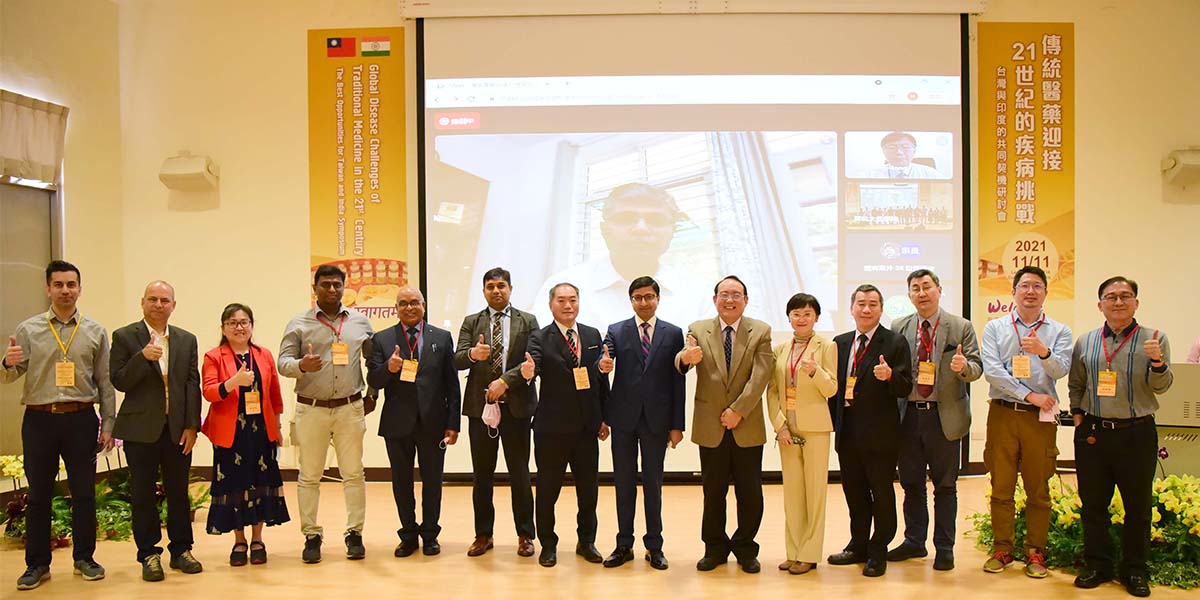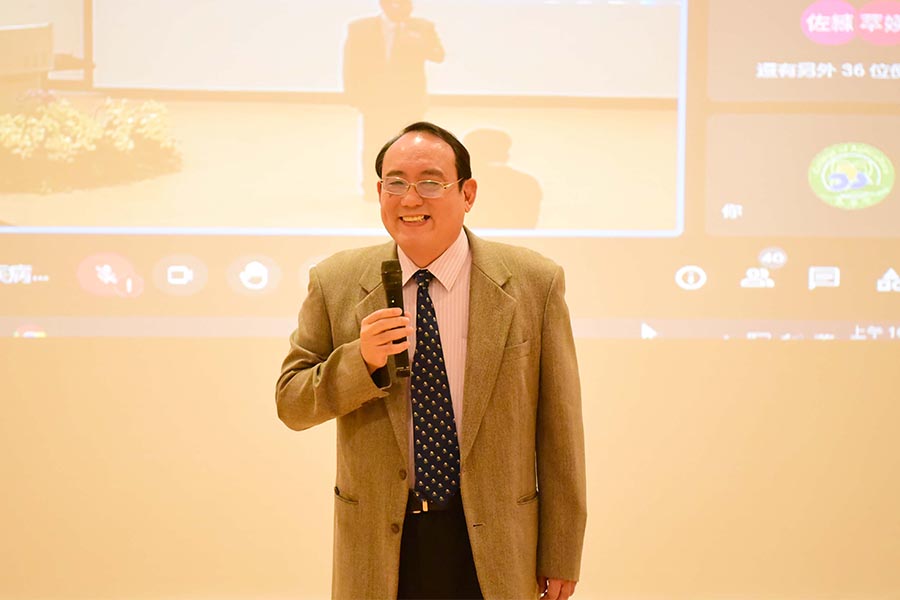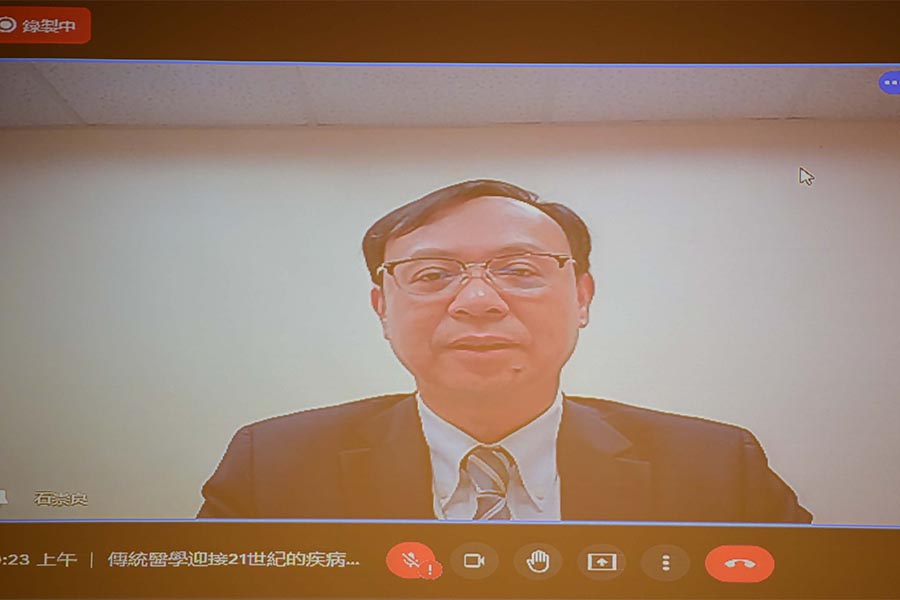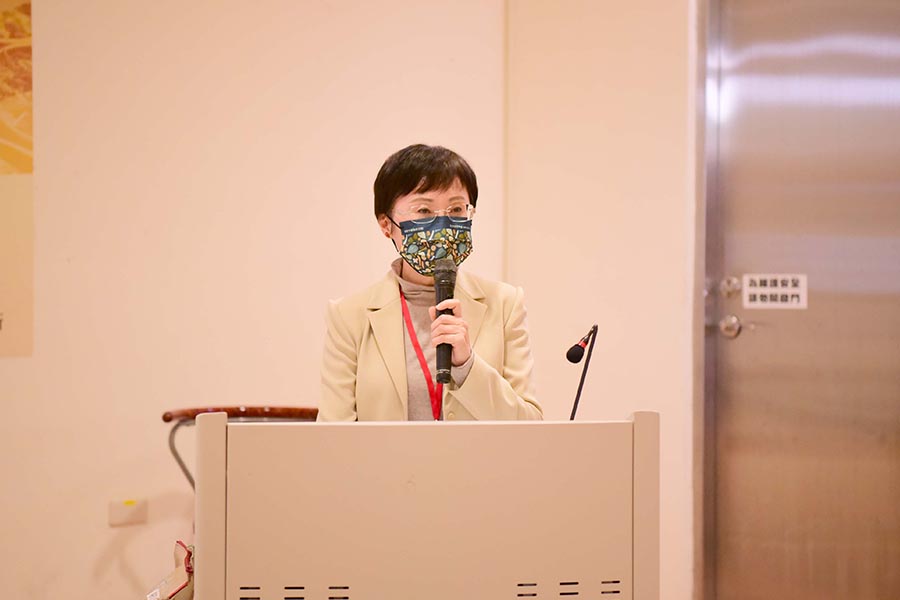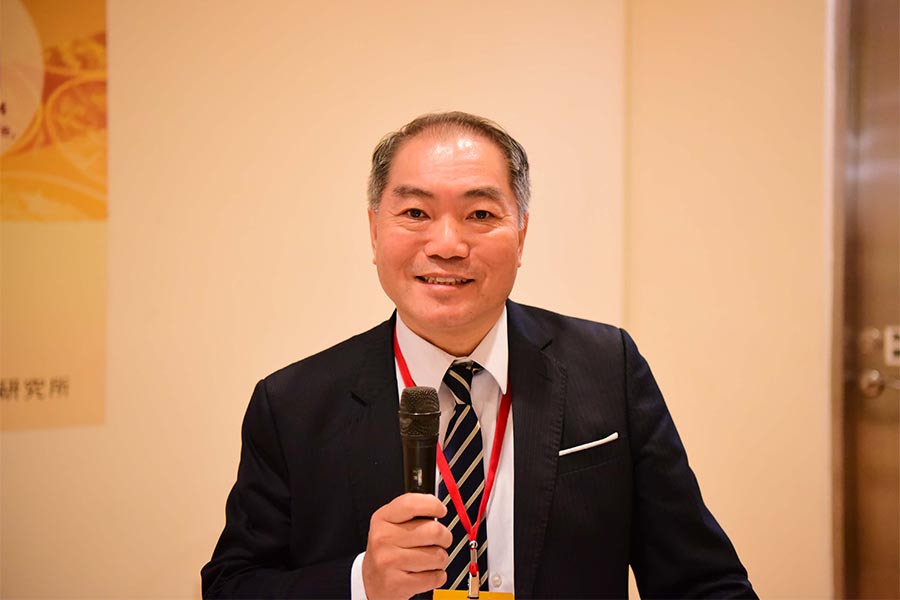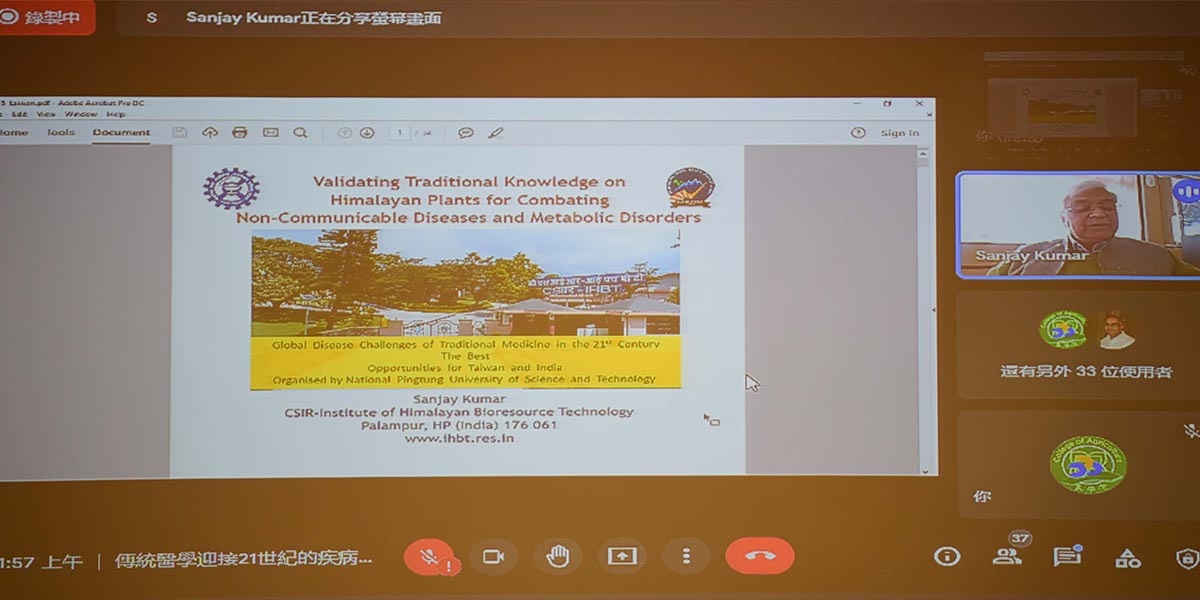With the unfolding of the pandemic, traditional medicine has been demonstrating major potential on international markets. One example of this was seen with “NRICM101”, a medicinal treatment that was developed by a team from Taiwan’s National Institute of Chinese Medicine Research (Ministry of Health and Welfare). The treatment, which is used to target COVID-19, has already successfully obtained approval in England, America, Australia and Europe, and is putting Taiwan in the spotlight. But there are many other avenues that are being explored and many which have yet to be pursued. On this front, Henry Chen, the dean of the NPUST College of Agriculture (and former Science Director at the Taiwan Representative Office in India), has been working to promote medical and health cooperation with special focus given to traditional medicine research and exchange between Taiwan and India. These efforts are already having a tangible impact, and in February (‘21), the president of the India Taipei Association, Mr. Gourangalal Das, even donated 1.5 million rupees to the National Research Institute of Chinese Medicine (Ministry of Health and Welfare) on behalf of the Indian government to support cooperation in traditional medicine. To help move things further, on November 11, the two parties convened at the NPUST College of Agriculture for the “Taiwan-India International Symposium on Applications and Prospects in Traditional Medicine”.
In his remarks at the symposium, the president of NPUST, Chang-Hsien Tai, stated: “we are grateful for the support from the Ministry of Health and Welfare to organize and participate in this international symposium and to help increase the international visibility of Taiwan’s traditional medicine— and to strengthen the exchange of knowledge in traditional medicine, biotechnology, and medicine production between Taiwan and India. We aim to encourage academic talent from both countries to ponder ways in which they can give play to their respective advantages and characteristics. Together we are passing down ancient wisdom on health and medicine and striving to create new prospects and opportunities for traditional medicine in the 21st century.”
A number of government officials and distinguished guests from Taiwan and India were invited to the Symposium, including Rajesh Kotecha, Deputy Director of the Indian Ministry of AYUSH; Dr. Sanjay Kumar, Director of the CSIR-IHBT (Ministry of Science and Technology); Anantha Narayana, director of the Indian Pharmacopoeia Commission (Ministry of Health & Family Welfare); Gourangalal Das, president of the India Taipei Association; Mr. Chung-Liang Shih, Deputy Minister of the Taiwan Ministry of Health and Welfare; Yi-Tsau Huang, Director General of the Taiwan Department of Chinese Medicine and Pharmacy; and Yi-Chang Su, director of the Taiwan National Research Institute of Chinese Medicine (Ministry of Health and Welfare).
Five outstanding representatives of traditional medicine in India—from business, government, academic and R&D sectors—were invited to share at the symposium together with another eight traditional medicine experts and scholars from Taiwan. Through a combination of in-person and online discussions, research and clinical results from Taiwan and India were exchanged. There were over 100 representatives of traditional medicine in attendance, and together they explored similarities and differences in the traditional medicine regulations of the two countries, commercial technologies, and topics related to health and illnesses. Heath care and medical treatment cooperation and production chain development were also promoted with the aim of overcoming challenges related to emerging viruses and the two parties will continue to look for new opportunities for international exchange in the future.

